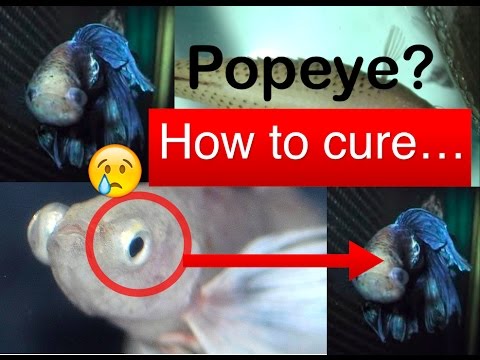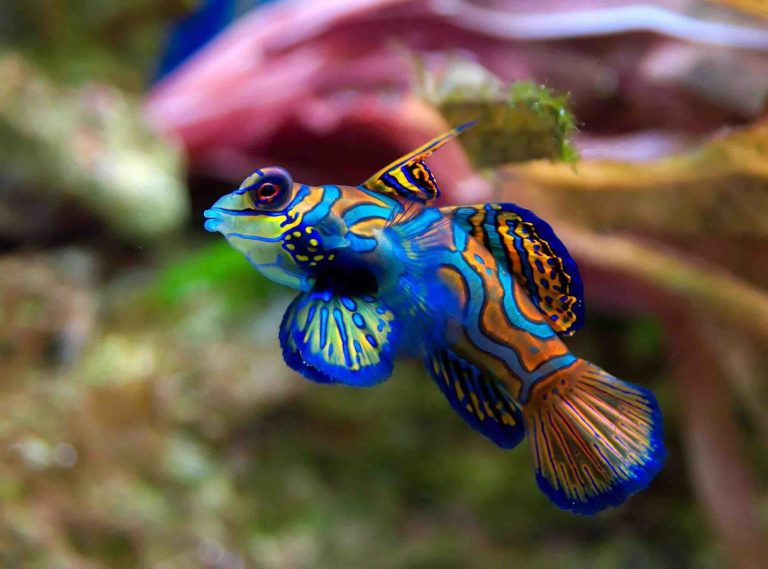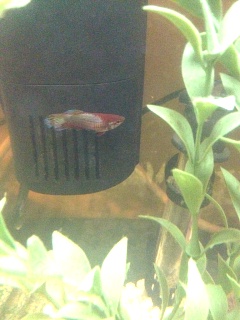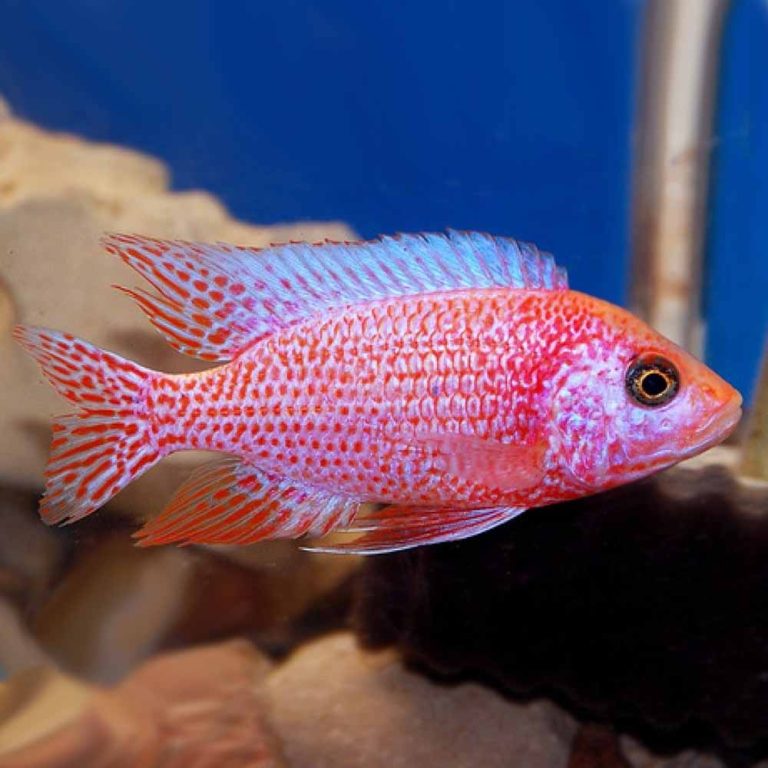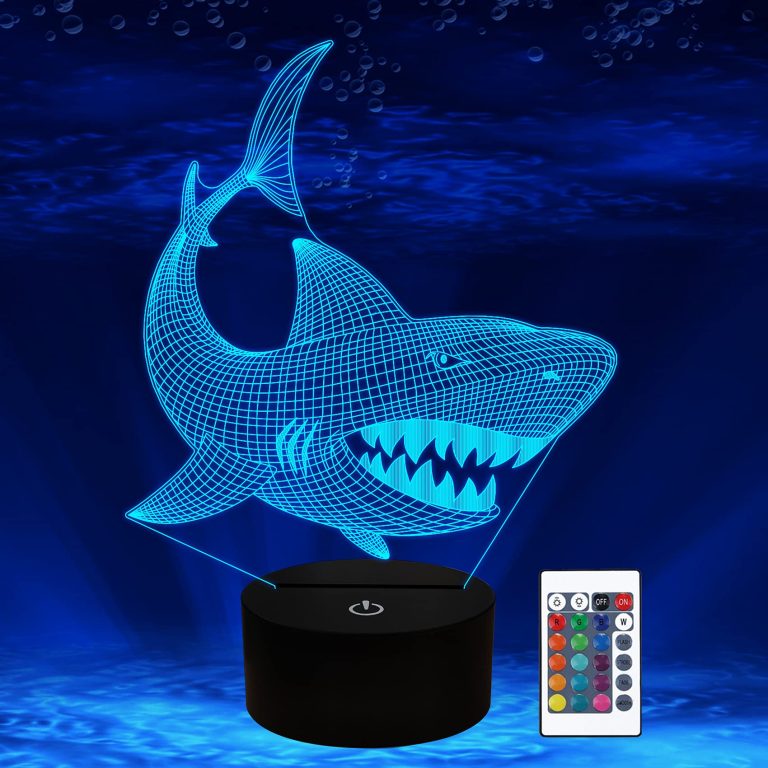How To Cure Popeye In Betta Fish
How to Cure Popeye in Betta Fish
Popeye in betta fish is a common health issue that affects the eyes of these beautiful aquatic creatures. If you’ve noticed that your betta fish has swollen or protruding eyes, it may be suffering from popeye. But fret not, because in this article, we will explore the causes, symptoms, and most importantly, the steps to cure popeye in betta fish.
Causes of Popeye in Betta Fish
Popeye in betta fish can be caused by a variety of factors, including bacterial infections, poor water quality, physical injuries, internal parasites, or even genetic predisposition. It is important to identify the underlying cause in order to provide the appropriate treatment for your beloved betta fish.
Symptoms of Popeye in Betta Fish
To determine if your betta fish is suffering from popeye, look out for the following symptoms:
1. Swollen or bulging eyes: This is the most obvious sign of popeye in betta fish. The affected eye may appear larger than the other.
2. Cloudy or discolored eyes: The eyes may have a cloudy or white appearance, indicating an infection.
3. Difficulty swimming or loss of appetite: Popeye can cause discomfort and stress, leading to a loss of appetite or reduced mobility.
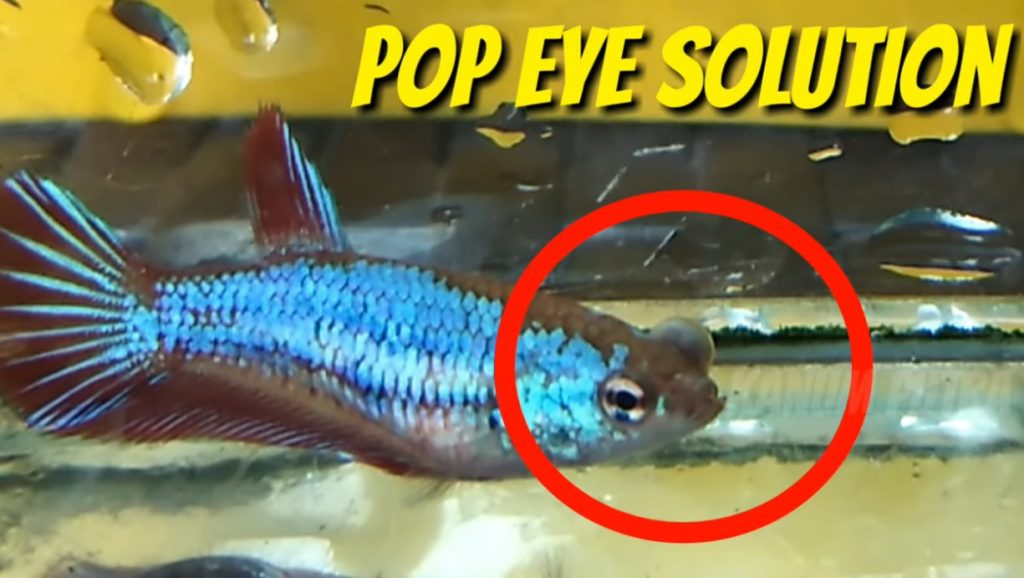
How to Cure Popeye in Betta Fish
Now that we understand the causes and symptoms, let’s explore the steps to cure popeye in betta fish.
1. Quarantine your betta fish: As soon as you notice the symptoms of popeye, it is crucial to isolate the infected fish to prevent the spread of the infection to other tank mates.
2. Clean and maintain the aquarium: Poor water quality can exacerbate popeye in betta fish. Regularly clean the tank, ensure proper filtration, and maintain appropriate water parameters to create a healthy environment for your fish.
3. Medications: There are several medications available specifically designed to treat popeye in betta fish. Consult a veterinarian or a knowledgeable pet store associate to choose the right medication for your fish. Follow the instructions carefully and administer the medication as prescribed.
4. Salt baths: Salt baths can be an effective natural remedy for treating popeye in betta fish. Dissolve aquarium salt or Epsom salt in a separate container of water and gently place your fish in the bath for about 10-15 minutes. Repeat this process every day for several days until you see improvements.
5. Improve nutrition: Providing a well-balanced diet rich in vitamins and minerals can help boost your betta fish’s immune system and aid in the healing process. Consider incorporating high-quality betta pellets, frozen or live foods, and even supplements if necessary.
Frequently Asked Questions
Q: Can popeye in betta fish be fatal
A: If left untreated, severe cases of popeye can lead to blindness and other health complications that can be fatal. It is essential to take prompt action and provide appropriate treatment.
Q: How long does it take to cure popeye in betta fish?
A: The duration of treatment can vary depending on the severity of the condition and the effectiveness of the chosen treatment method. It is important to be patient and continue the treatment until the symptoms subside.
Q: Can I prevent popeye in betta fish?
A: While it’s not always possible to prevent all cases of popeye, maintaining a clean and well-maintained tank, providing a balanced diet, and regularly monitoring the health of your betta fish can help reduce the risk of developing popeye.
Q: Should I consult a veterinarian?
A: If the symptoms persist despite appropriate treatment, or if your betta fish shows signs of additional health problems, it is advisable to seek professional advice from a veterinarian who specializes in aquatic animals.
Final Thoughts
Curing popeye in betta fish requires a combination of proper care, timely intervention, and persistence. By understanding the causes and symptoms and following the right treatment steps, you can alleviate your betta fish’s discomfort and restore its health. Remember to always prioritize the well-being of your aquatic companions and provide a nurturing environment for them to thrive.
